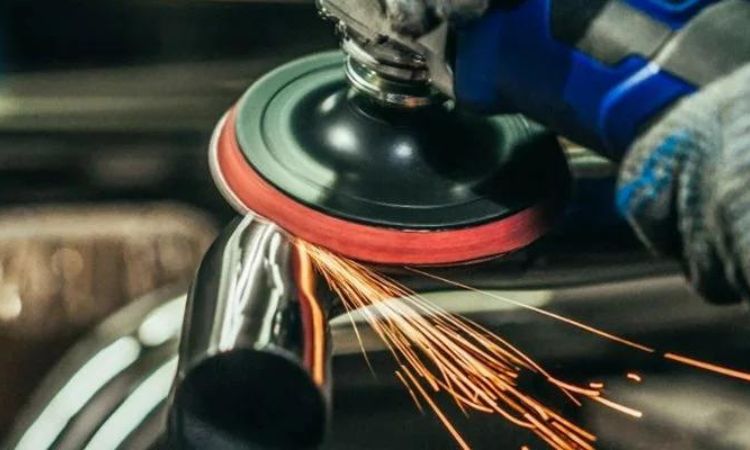Choosing the right heating boiler for your home is crucial for ensuring comfort, energy efficiency, and cost savings. With various options available in the market, it’s essential to understand what factors to consider before making a decision. This guide will explore key considerations, benefits, and tips to help you choose the best Heating Boiler for your needs.
1. Understanding Boiler Types
There are several types of heating boilers to choose from, including:
- Combi Boilers: These are compact and provide both hot water and heating on demand. They are ideal for smaller homes or apartments where space is limited.
- System Boilers: These are more suitable for larger homes with multiple bathrooms. They store hot water in a cylinder, ensuring a steady supply.
- Regular (Conventional) Boilers: These are traditional systems that require a separate hot water cylinder and cold water tank. They are suitable for homes with high hot water demand.
Understanding the type of boiler that best suits your home is the first step in making an informed decision.
2. Energy Efficiency Ratings
Look for boilers with high energy efficiency ratings. Modern boilers are rated on an A to G scale, with A being the most efficient. An energy-efficient boiler can significantly reduce your heating bills and environmental impact. Consider investing in a condensing boiler, which utilizes waste heat to improve efficiency.
3. Size and Output
Selecting the right size boiler is crucial. An undersized boiler will struggle to meet your heating demands, while an oversized boiler may lead to increased energy consumption and costs. The output of a boiler is measured in kilowatts (kW), and it should correspond to the size of your home and your specific heating requirements. A heating engineer can help you calculate the appropriate output for your space.
4. Fuel Type
Consider the type of fuel that will be used to power your boiler. Common options include:
- Natural Gas: This is often the most economical and environmentally friendly option.
- Oil: Suitable for homes without access to natural gas, oil boilers can be efficient but may have higher running costs.
- Electricity: Electric boilers are compact and easy to install but may have higher running costs depending on local electricity prices.
Evaluate the availability of these fuel types in your area and consider any local incentives for using renewable energy sources.
5. Maintenance and Reliability
A reliable heating boiler requires regular maintenance to ensure optimal performance and longevity. Research the maintenance requirements of different boiler types, and consider options with extended warranties or service plans. Look for reputable brands known for their reliability, such as those offered by Zhongshan Songyi Electrical Appliance Co., Ltd., which provides quality central heating solutions.
6. Cost Considerations
While the initial cost of a boiler can be significant, it’s important to consider long-term savings. Factor in installation costs, energy efficiency, and potential maintenance expenses. An energy-efficient boiler may cost more upfront but will save you money over time.
7. Seek Professional Advice
Before making a final decision, consult with a heating engineer or a boiler installation expert. They can provide valuable insights tailored to your specific needs, helping you choose the best boiler for your home. They can also assist with the installation process, ensuring that your new heating system operates efficiently and safely.
Conclusion
Choosing the right heating boiler is an important investment that can significantly impact your home’s comfort and energy efficiency. By understanding the various types of boilers, their energy efficiency, size requirements, fuel types, maintenance needs, and costs, you can make an informed decision. Take the time to research and consult professionals, ensuring that you select the best heating boiler for your home.










